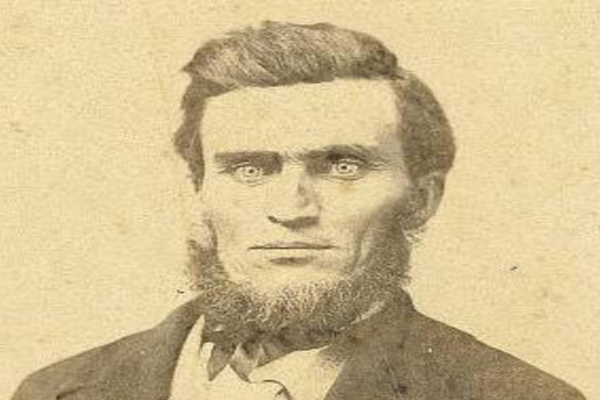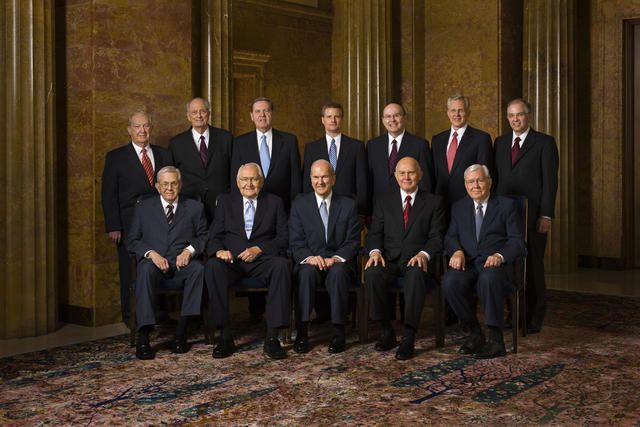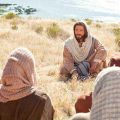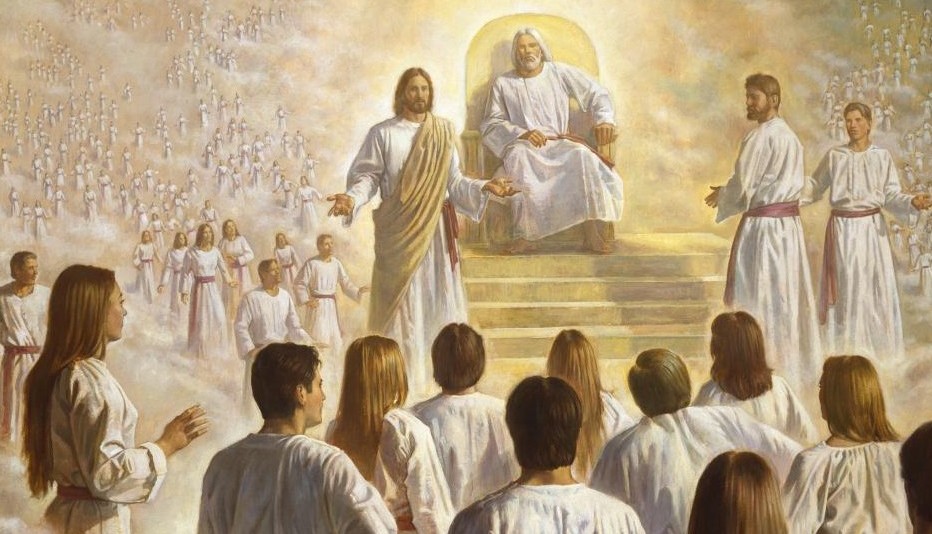Question
Gramps,
I recently heard that Brigham Young ordained his 11-year-old son, John Willard Young, as an Apostle to have John become Prophet due to seniority (at a later date). If this is true, why would a current prophet ordain an 11-year-old? Does this mock the role of prophets and apostles?
Paul
Answer
Paul,
Sometimes we come across some factoids that really don’t make much sense at all until we fill it in with some details. And I hope that is what you are here to obtain.
It appears that Brigham did ordain John when he was 11 years old to the priesthood office of apostle. But both the efficacy and the motive behind it are unclear.
While yet a boy, John was ordained an apostle by his father. This ordination was confirmed by President Young when the young man was nineteen, and although John never became a member of the Quorum of the Twelve, he honored this sacred calling while serving as president of the Salt Lake Stake, as a missionary in England, and as counselor to his prophet-father in the First Presidency. (John Willard Young | Religious Studies Center)
The real question is “Why?” Was it really to make him a future prophet? If so, that was an ineffective way to do it.
Not only did Brigham ordain John, but he also ordained his two older brothers as apostles as well. They would have been much more likely to become the prophet if that was the intent.
Another big hurdle is that the records of the Church trump verbal affirmations. In this dispensation, if it isn’t recorded, it didn’t happen. And while Brigham did physically go through the motions at an earlier date, official Church records state that he was ordained at 19.
Transcript for Andrew Jenson, “Young, John Willard,” Latter-day Saint Biographical Encyclopedia, vol. 1 (Salt Lake City: Andrew Jenson History Company, 1901), 42
Young: John Willard, first counselor to Pres. Brigham Young from 1876 to 1877, is the son of President Brigham Young and Mary Ann Angell and was born Oct 1, 1844 in Nauvoo, Hancock, Illinois. He was baptized when about eight years old and confirmed by Brigham Young, by whom he was ordained an Apostle, Feb. 4, 1864. In 1866 and 1867 he filled a mission to Europe. (Transcript | Church History Biographical Database)
Again, we come back to why Brigham would have done this. Was it some scheme by Brigham to ensure his offspring would become a future Prophet? It doesn’t really seem feasible.
Here is a list of the youngest apostles called:
John Willard Young (born 1844) – 11 years
George A Smith (b. 1817) – 21 years, 10 months
Oliver Cowdery (b. 1806) – 22 years, 8 months
Lyman E. Johnson (b. 1811) – 23 years, 4 months
Joseph Smith, Jr. (b. 1805) – 23 years, 5 months
John F. Boynton (b. 1811) – 23 years, 5 months
Orson Pratt (b. 1811) – 23 years, 7 months
William B. Smith (b. 1811) – 23 years, 11 months
Abraham O. Woodruff (b. 1872) – 24 years, 10 months
Heber J. Grant (b. 1856) – 25 years, 11 months
John W. Taylor (b. 1858) – 25 years, 11 months
Brigham Young, Jr. (b. 1836) – 27 years, 2 months
Luke Johnson (b. 1807) – 27 years, 3 months
Joseph F. Smith (b. 1838) – 27 years, 7 months
Franklin D. Richards (b. 1821) – 27 years, 10 months
Parley P. Pratt (b. 1807) – 27 years, 10 months
So, in this list, the age of 19 does not seem out of place. Someone had to be the youngest apostle. Why not him? Would it be wrong if it were 19? 20? 22? 28? When does it become ok? 45?
Notice the second person on this list. George A Smith. He was given such a promise early on. But he was actually ordained years later. That brings up a theory. What often happened in the past (much less so today) was that fathers would give priesthood blessings which indicated certain promises to their children that would be realized in the years to come. It may be that this is one instance of such a promise. Or it may be something completely different. It may have been a promise of future events rather than an actual ordination. Even so, the age of 19 also seems unusual to our modern sensibilities.
“Prophets and apostles are old men,” right? Well, Samuel was pretty young when he was called of the Lord. So, it may just seem strange because it is different than what we are used to.
You’ll notice that a great many of these young apostles (see list above) were sent out as missionaries shortly after their ordination. John left just two years after his ordination. Then he was sent on another mission two years later.
If Brigham had some selfish reason to ordain John Willard, then he would answer to the Lord for that. But there’s no evidence that would support this theory. It was Brigham’s very own declaration that prophetic succession was not about ordination dates.
Prior to his death, Brigham realized that he had to set the record straight or else there may be another succession crisis. After the aftermath of Joseph’s martyrdom, he felt duty-bound to prevent that from happening again.
Orson Hyde left Church activity, and thus the quorum, on October 19, 1838. When dealing with seniority in the council in 1875, long after the death of Joseph Smith, Jr., Brigham Young ruled that, if a council member had been disciplined and removed from the council, his seniority was based on the date of readmission. By this ruling, in June 1875, both Hyde and Apostle Orson Pratt were moved down in council seniority. So, when Hyde repented in 1839, he effectively joined the quorum as a new member. As a result of this ruling, John Taylor, rather than Orson Hyde, succeeded Brigham Young as President of the Church. (Mormonwiki, Orson Hyde)
This was a declaration that Brigham, himself, had made concerning seniority. And he knew full well that this would leave his son, John out of the running since he was never an official member of the quorum. His continuous years of service = 0.
Additionally, this counters a common argument that the decision was made to “change the rules” after Lorenzo Snow passed away (to prevent John from becoming the Prophet). The rules were already there. They just enforced them. There was no “change” required. At worst, it was simply clarifying the application of the existing rules to the current situation.
So, clearly, it was not the intended result to ensure that a young boy would become a prophet someday. You can choose to be suspicious if you want. Or you can choose to just chalk it up to “just another factoid” that ruffles our modern sensibilities, but in the grand scheme doesn’t seem much of anything.
Gramps







